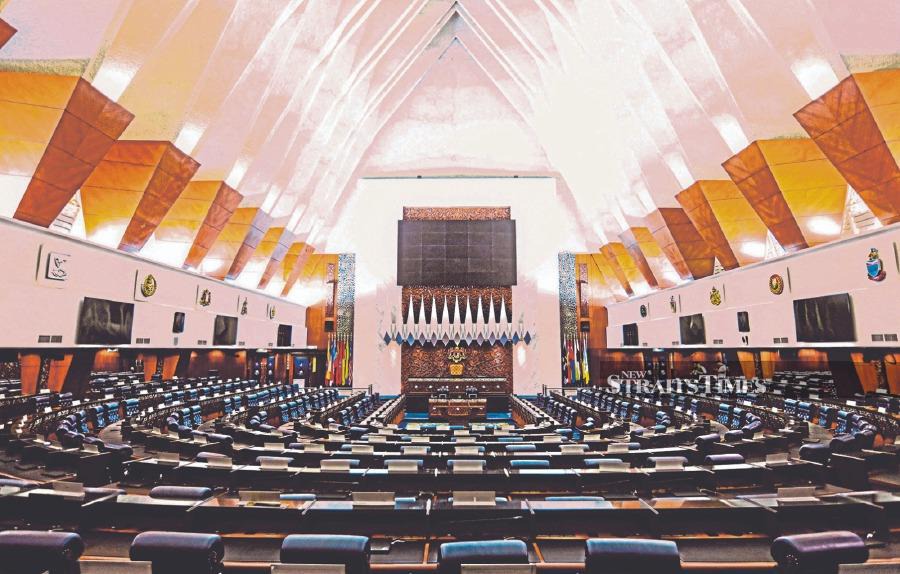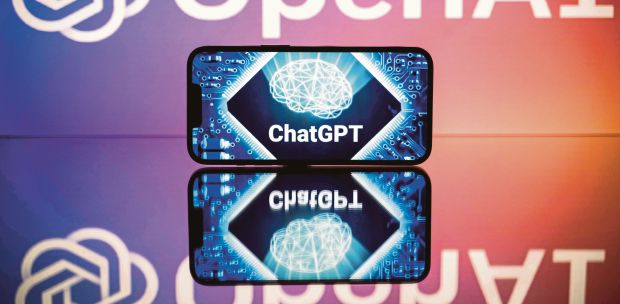LETTERS: The rise of artificial intelligence (AI) seems unstoppable and people in many sectors are worried about losing their jobs.
It is interesting to ponder whether AI is also capable of replacing a politician. For instance, between an AI and a human politician, how many would prefer to vote for an AI entity as their representative?
Can an AI politician be less problematic, more reliable and trustworthy compared with a human?
Generally speaking, Malaysians have been frustrated with their elected representatives' ill manners in parliament or state assembly.
There is not much the voters can do if their representatives fail to deliver on their election pledges apart from enduring the pain for the next five years when the election comes around.
The Federal Constitution provides for only a few situations when an elected representative can be disqualified.
Article 48 (1) provides for "Disqualification for Membership of Parliament" over bankruptcy, insanity, and convicted of a crime and sentenced to at least one year of jail or a fine not less than RM2,000, and has not been pardoned.
Among the benefits of an AI entity as our representative include never being exposed to illegal or criminal issues like corruption or power abuse, and not requiring huge monthly payments to perform the duties and responsibilities to the people.
AI will never fall sick, waste time talking about politics, think more sharply and many more.
In addition, we need to examine the Federal Constitution to know whether we can allow AI to get involved with politics. If not, consider amending the Federal Constitution to allow such a change.
DR MUZAFFAR SYAH MALLOW
Associate Professor, Faculty of Syariah & Law, Universiti Sains Islam Malaysia
The views expressed in this article are the author's own and do not necessarily reflect those of the New Straits Times





